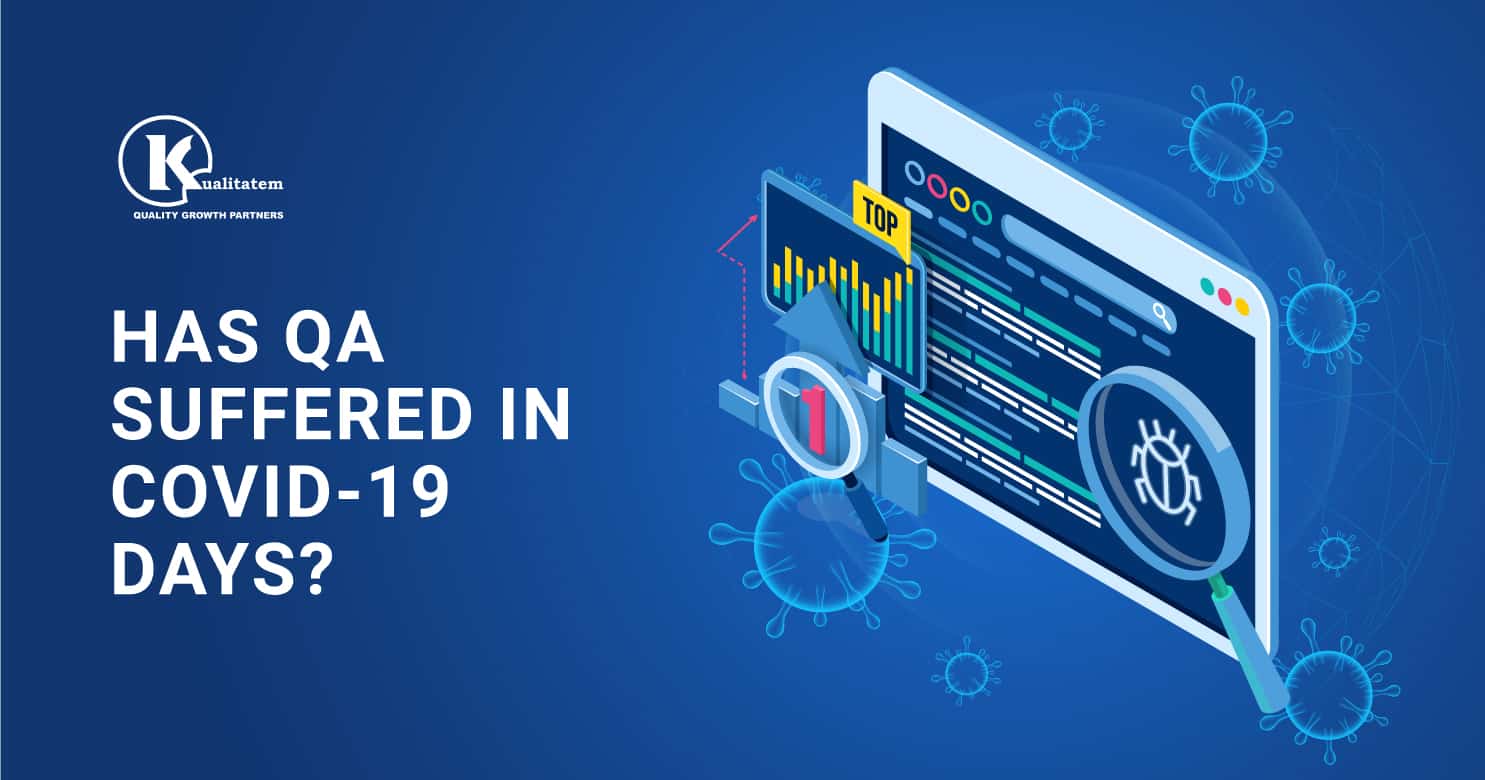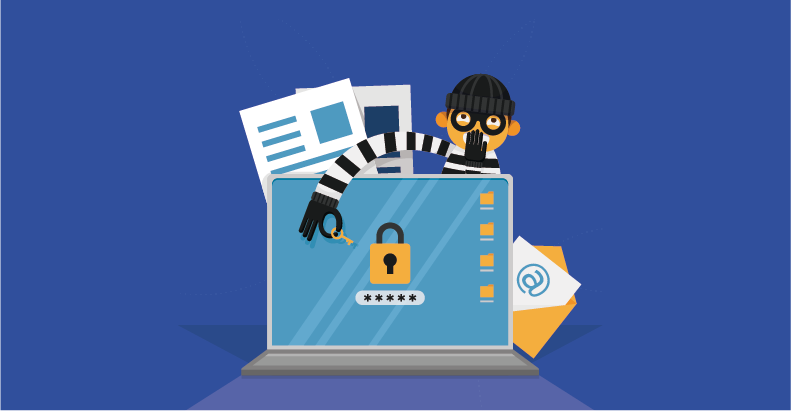Has QA suffered in Covid-19 days?

- December 7, 2020
- HibaSulaiman
Ever since organizations have moved to agile methodologies, ‘testing at speed and quality’ has become a common notion in the testing world. With all the hype around agile and DevOps, it is clear that speed matters the most. Practically speaking, most QA teams were not even there yet. Organizations’ agile adoption was low and maturity was even lower. Yet, we could see it coming. Industry leaders yearned for app development faster, so testers should have been prepared for the storm.
Since then, organizations across various industry verticals all made it to a point where time-to-market pressure was relatively high. But then came COVID-19 and since we are in the middle of a global pandemic. All businesses, whether non-profit or government agencies are impacted in different ways. The expectations with speed and quality have shifted to organizations like healthcare and pharmaceutical companies, government agencies, online retailers, etc. Many firms had already made their way towards adopting agile and DevOps. But only a few of these organizations were already delivering apps at the expected speed. The focus shifted to increase cost efficiency in efforts to overcome losses.
As organizations cannot compromise on quality, they face various challenges. They need to hire an independent software testing company to build, test, and release applications at a faster speed. They need to determine how to continue meeting strict expectations with budget constraints. Whether a business is facing unprecedented time-to-market pressure or extreme cost issues, test efficiency strategies will help in achieving the goals.
Implications on the QA and Software Testing Companies
It is obvious that Covid-19 has not only affected various business verticals but QA teams have also suffered a great deal. Many countries were under lockdown situations for months. Nearly every industry was affected but the impact on software testing firms was unbelievable. Although it sounds simple and hard to believe how difficult it would have been for companies to switch to remote working. It had adverse impacts on QA testing. Although testers could use their personal computers and continue working from the comfort of their homes. But obviously, there was more to it than just that. It was extremely important for companies to make the change from working in the office to working at home was a constant effort. But these adjustments were to be made by companies of every size, whether present in local or global markets too. Since this virus became pandemic, it was obvious that firms had to respond to it globally. Although the move from office to home was complex and challenging.
Lack of Devices, Poor Internet Connection, and Security Issues
Employees did not have devices and systems at home. And some of them even lacked fast internet connections based on geographical locations. Even when employees had their devices and a fast internet connection, their devices would not be reliable enough with respect to security. It was crucial for QA managers and IT experts to ensure these devices offered multi-factor authentication, anti-virus installation, etc., and various security checks were placed on their personal devices.
Remote Working Challenges
Not all employees were prepared for remote working. Only a small percentage of software development and testing companies were in the habit of remote working. So when testers had to shift to working from home mode, they faced a lot of challenges. They could not communicate freely and smoothly with their team members. It took time for a group of developers to complete their code and move it to the testing phase. The release cycles were majorly affected, which was a growing challenge for the QA managers. They had to identify ways to reduce the time to market, and also maintain product quality. Remote working was not only difficult to adapt professionally, many QA team members felt demotivated, deviated, and defocussed from their jobs as they were bound within their homes and were not allowed to move out freely while practicing social distancing.
Lack of Secure Tools
Since we know that independent software testers require various testing tools to support their operations and testing efforts, they should be secure from all aspects. During remote working, QA experts had to rely on tools that were open-source or at their disposal, so security was still a risk for them.
Conclusion
Although most of the companies and businesses across different industry verticals have moved back from remote working to their offices. Yet many firms realize how this can be a cost-cutting advantage for firms that have faced huge losses since the spread of Covid-19, making it impossible for companies to survive. As independent software testers already had their own remote working set up, they were not entirely affected by the lockdown orders, yet their operations were affected to some extent. They had team members working from various geographical locations from around the world, without a lack of devices, fast internet connections, and other items in their test environment.











